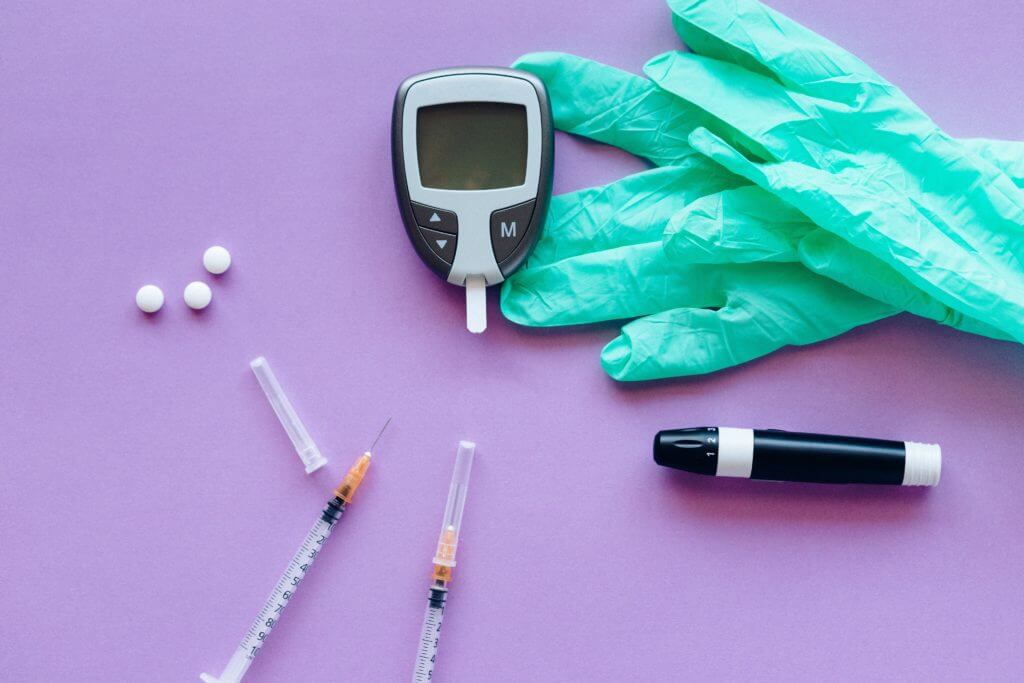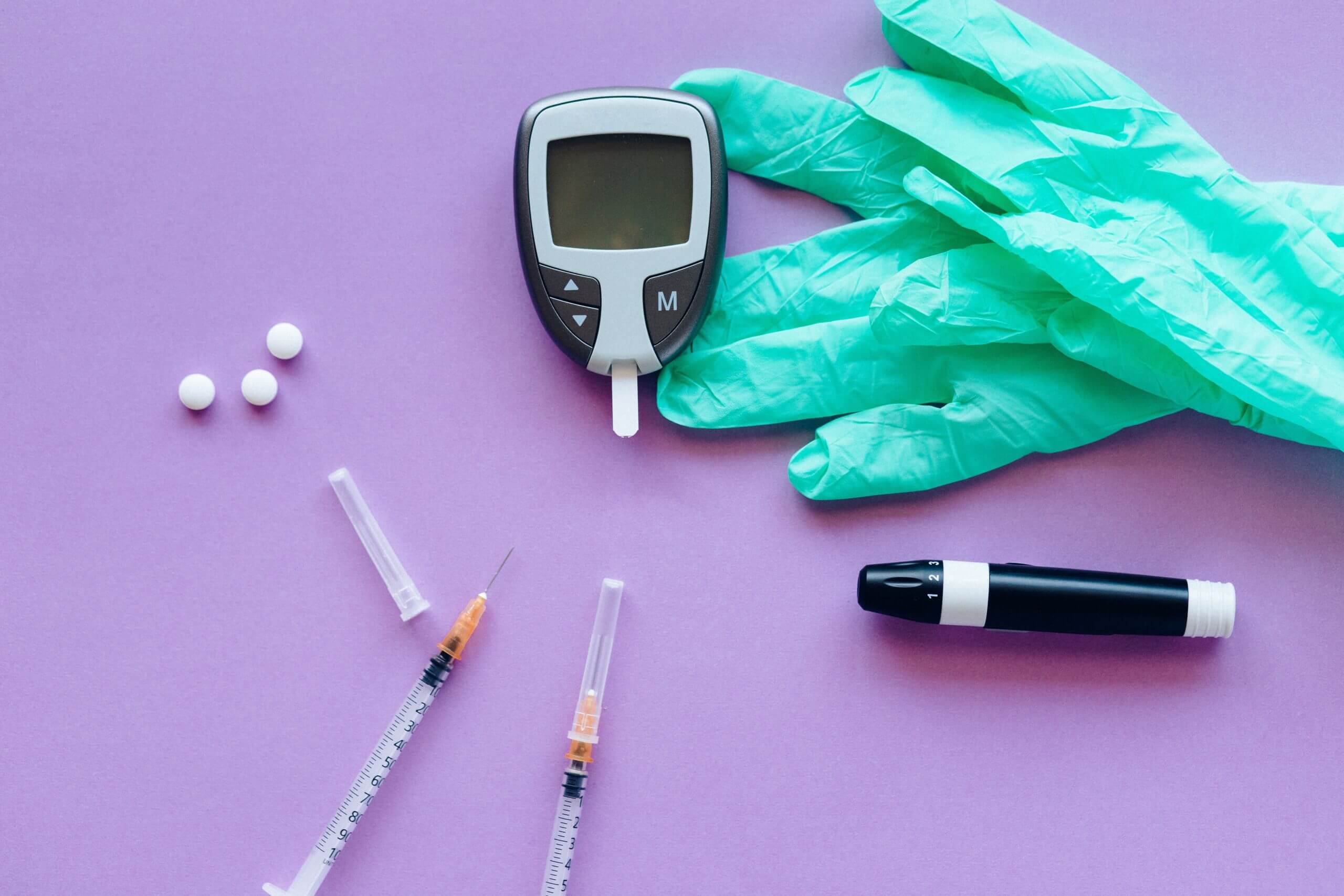For the first time ever, race, gender, and gut bacteria are the main focuses of a study looking to determine the link between their differences and insulin sensitivity. When the microbiome – collection of gut microbes- is negatively impacted by toxins, bacteria, or viruses, serious diseases such as obesity, diabetes, and heart issues can develop.
In women, gut microbes may have a significant role in the onset of insulin resistance, researchers say. Studying the microbiome of black women might help researchers better understand why this community has higher rates of cardiovascular and metabolic illness than the general population.
“We investigated whether gut microbiome profiles differ between black and white women and if so, do these race differences persist when accounting for insulin sensitivity status,” says Candice Price in a statement. Price is an assistant adjunct professor and cardiometabolic researcher at the Department of Molecular Biosciences in the UC Davis School of Veterinary Medicine. She is also the lead author on the study, and a Building Interdisciplinary Research Careers in Women’s Health (BIRCWH) scholar at UC Davis.

Insulin Sensitivity and Race
Insulin plays a crucial part in how the body functions. It regulates sugar levels and communicates with the liver, directing it to store sugar for later. The hormone also contributes to energy production via the sugar that enters blood cells. The response levels of the cells to insulin indicate insulin sensitivity and once the cells stop responding, the cells become insulin-resistant, which leads to diabetes.
Although it’s still a mystery as to why, American black women are more likely to develop diabetes than white women because insulin resistance and obesity are much more prevalent in them.
“No other studies have analyzed the gut microbiome based on insulin sensitivity by race and sex,” Price says. “By characterizing the gut microbiome in black women, researchers might understand the health disparities in the development of heart and metabolic diseases in this population.”
Insulin Sensitivity and the Microbiome
The analysis and comparison of stool samples collected from 94 black women and 74 white women found that compared to only 30% of the white women, almost half of the black women were insulin resistant. In addition, insulin sensitivity was much lower in black women. This suggests that based on race, gut bacteria may be pivotal in the development of insulin resistance in women.
The study also revealed that several different types and levels of bacteria found in the guts of these women also contribute to insulin sensitivity and resistance. In most of the analyses, the higher levels of bacteria lead to more cases of insulin sensitivity and resistance.
“Our findings raise the possibility that the gut microbiome could play an important role in driving cardiometabolic health disparities of black women, indicating an influence of social and environmental factors on the gut microbiome,” Price adds.
Demographic and social influences like where we live, work, learn, play, eat, and who we do these things with can also greatly affect our health and well-being.
“Despite the enormous research on the gut microbiome, there has not been much focus on how it impacts and is impacted by the social determinants of health and the health disparities in the population,” says Jonathan Eisen, the director of the UC Davis Genome Center, professor in the Departments of Evolution and Ecology and Medical Microbiology and Immunology, and a co-author on this study.
“Possible explanations for race differences need to be explored in studies that include social, environmental and behavioral factors, such as diet and psychological stress, and the examination of pro-inflammatory markers,” Price says.
The complete study can be found in PLOS ONE.

Really interesting post!